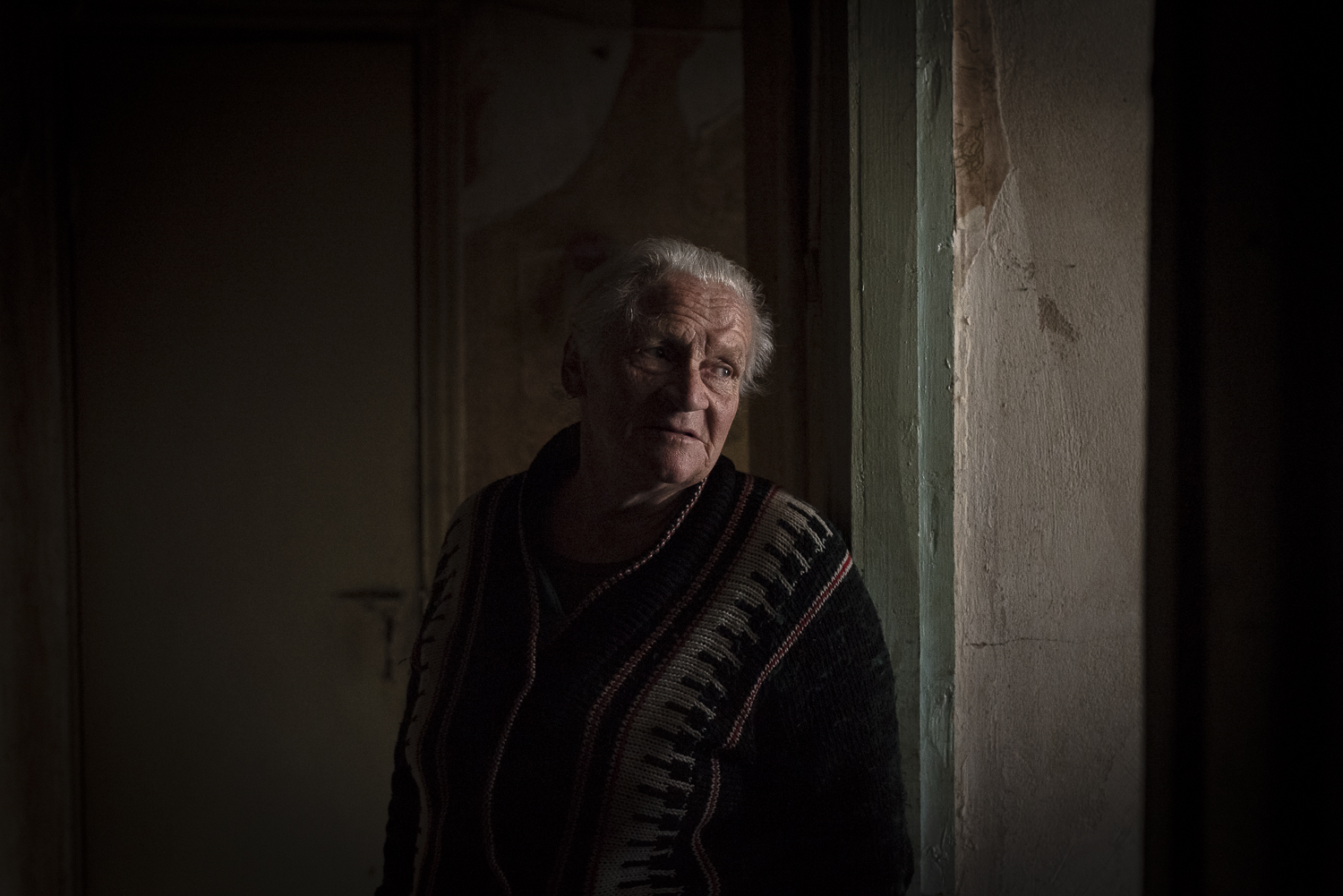HelpAge International staff and volunteers in Ukraine are trying to ensure safety of their loved ones, and support older people, as the Russian invasion continues. Read their experience.

© Alberto Lores
HelpAge Area Manager
“I don’t sleep well. I constantly hear shelling. People who need support often call or text me in the middle of the night.
Rockets fly right over our houses. There was an air raid warning yesterday.
I feel powerless and angry because I cannot protect my loved ones, my teammates, volunteers for whom I am responsible at work.
We are sometimes afraid to even ask older people how they are doing. Older people are horrified. Many of them suffer from sleep disorders. Some people have uncontrollable bouts of crying.
For 8 years I have done everything to protect those for whom I feel responsible. But what can I do now to save them?
I have concerns for my own safety. Who knows how long this war will drag on.
It only helps me that our whole team stays here and support each other. I always try to be in touch with my team. We have a chat where we text each other. We often call volunteers to check how they are doing. And our volunteers keep in touch with older people.”
HelpAge Project Assistant
“I am 61.
Are you asking how I feel? And how can a person feel after the second shelling?
I had to leave my house, placed too close to the contact line, and move to my relatives who live in a village a little further away. But even here the sounds of shelling are constantly heard.
I am not worried about myself, but I am very afraid for the children. I have a small child in my family. And soon children from war zones will be evacuated to our village.
My grandson is in Kharkiv, he is a student. He did not have time to get out of there, and now he is forced to take cover from shelling.
There was no mobile connection all day yesterday. When mobile communication is working, there are interruptions.
People are running out of money. There is no cash in ATMs, and shops have stopped accepting cards, you can only pay in cash.
We keep in touch with older people, we regularly call them on the phone. Many of them are crying and praying. They say: “Why is it happening with us? What have we done to deserve this?”
I could not imagine that this could happen in our 21st century in a civilized country.
It amazes me how united people have become. Everyone helps and supports each other. In 2014, this was not the case, then everyone was on their own.
My only hope is for negotiations. We will rebuild everything, restore everything, just stop shooting.”
HelpAge volunteer
“I am 45.
My house is too close to a checkpoint, which is under constant shelling. During the shelling, I have to hide in the cellar. I am lucky that I have a cellar.
One of our volunteers had a tragedy. A shell hit her house and it caught fire. There was her husband, who had suffered a stroke and could not move. The firemen didn’t arrive on time. He died in a fire.
There is a coal mine in our area, and there is a bomb shelter there. Many people from neighbouring villages are constantly hiding there.
We have had no electricity in the village since 1 March because a shell broke the wires. They wanted to fix it, but the shelling began again, and they left it like that.
There are big problems with water in our village. There is no central water supply, I take water from a well. Not everyone has wells, many people use water pumps. But since there is no electricity, they are left without drinking water.
It’s hard to buy groceries. It is impossible to withdraw money from ATMs, there is no cash.
No one delivers or distributes food. It’s good that people still have some supplies at home left.
There are no medicines in the pharmacy. Many older people with diabetes do not receive insulin.”
